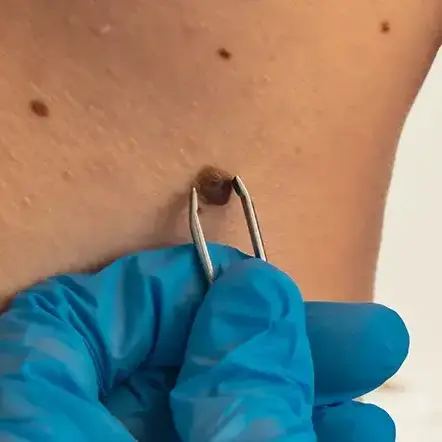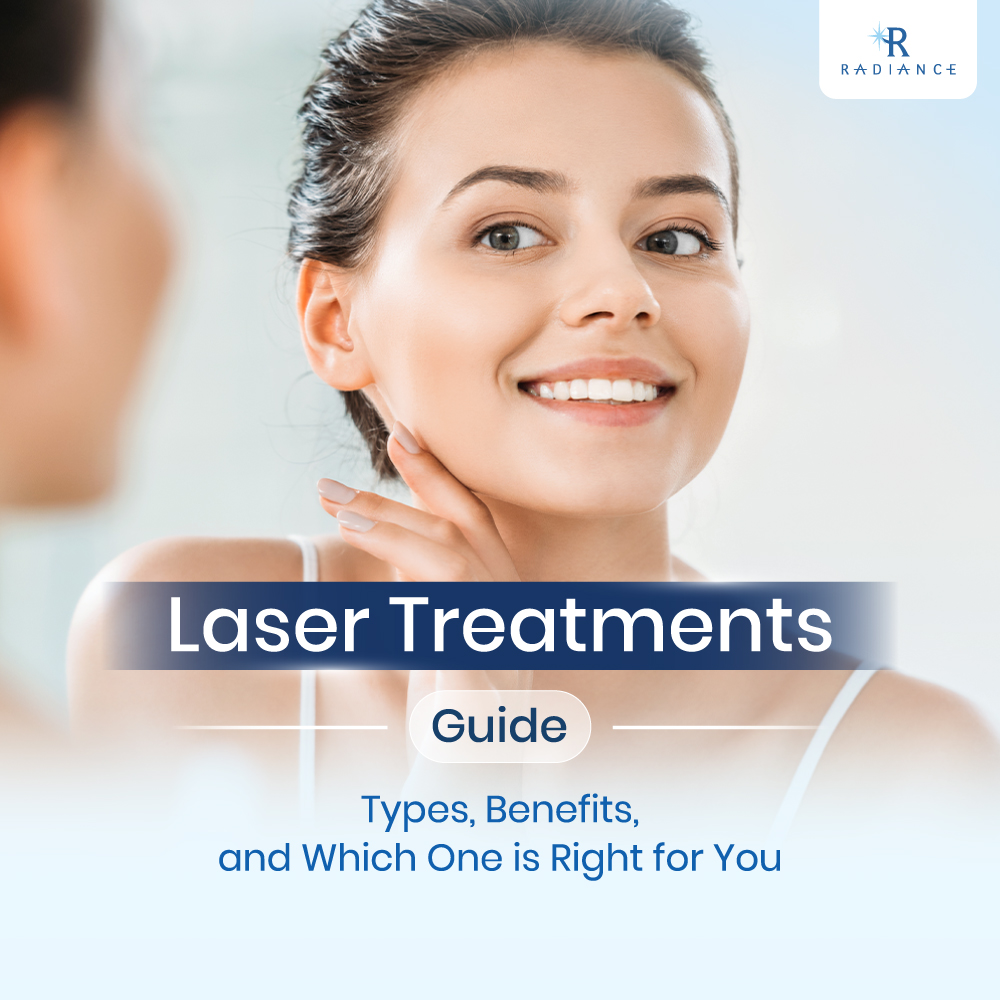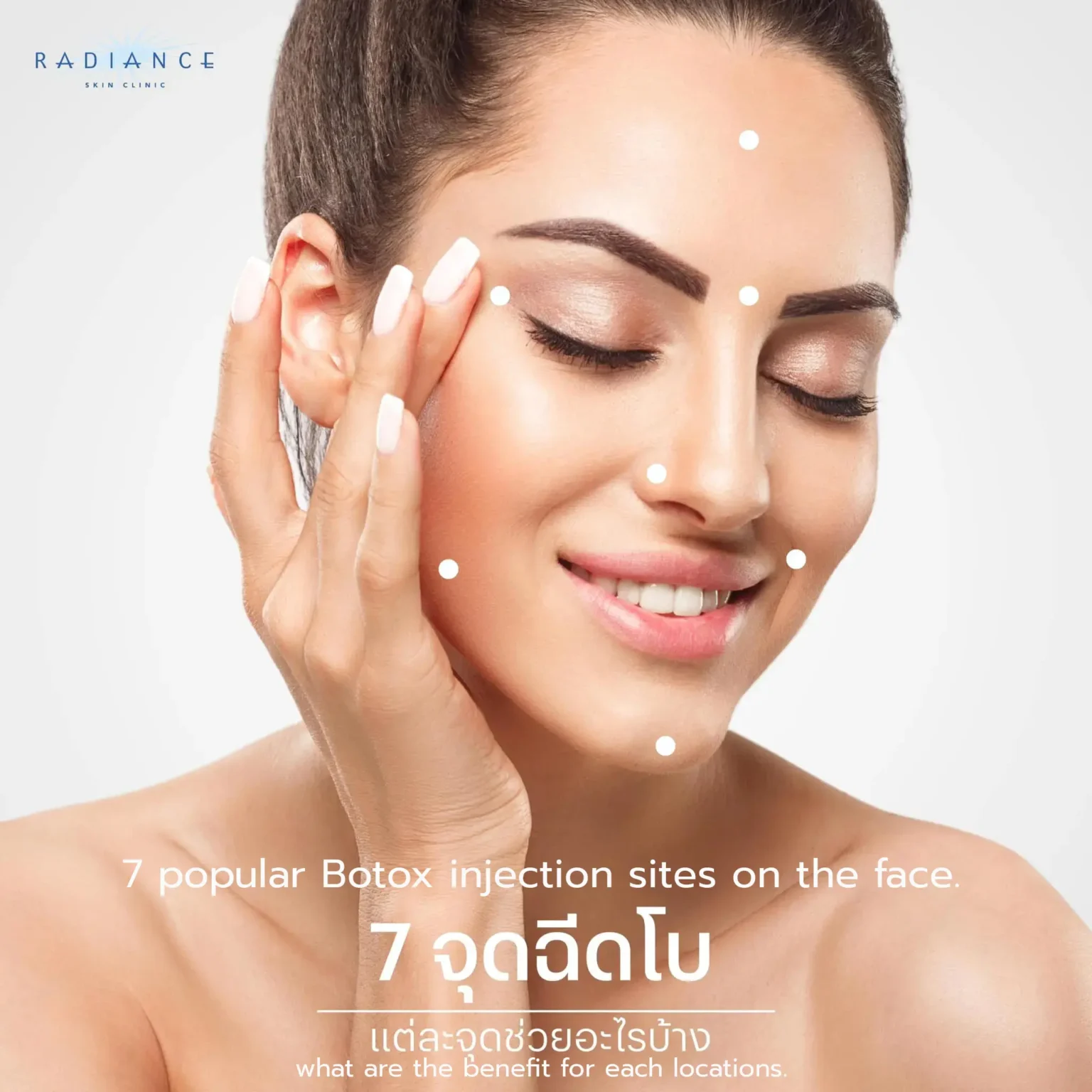Have you ever woken up one morning only to find that you’ve gotten a new pimple on your special day? We can guarantee that this scenario is definitely relatable to many of you. What’s worse is that this acne will leave an awful aftermath – a dark scar that’s going to take months to fade away. If this battle sounds like something you are experiencing, you are not alone.
Table of Contents
Toggle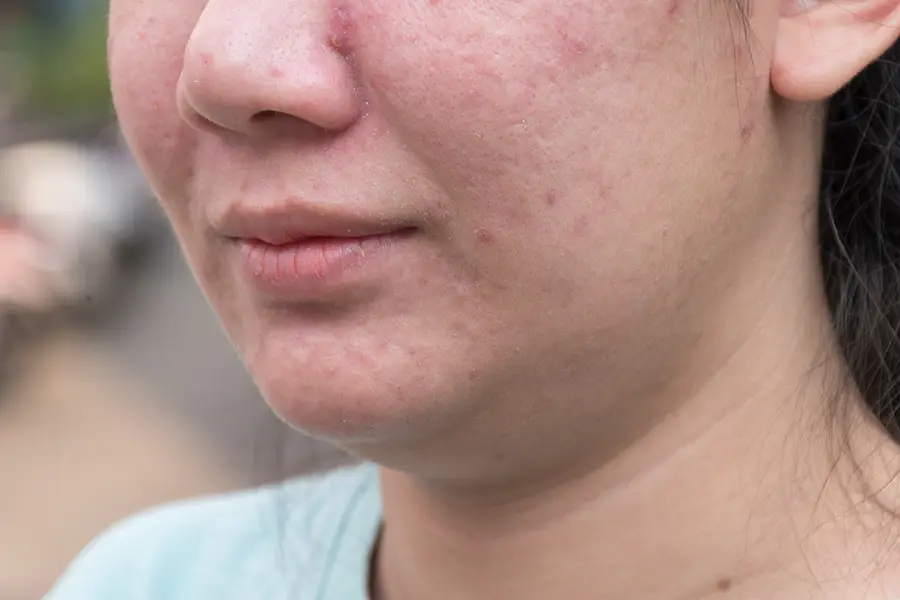
Records have shown that around 80 percent of people between the age of 11-30 years old will develop acne, and 20 percent of these will progress into acne scars. Acne is commonly found on the chest, back, shoulder, jawline, and t-zone, but it can also develop on other parts of the body. If you’re experiencing troubled skin and can’t seem to find a way to win this battle, visit a reputable skin clinic for help. Rest assured that you will be getting professional help for those pimples.
In this blog, we will offer a basic introduction to acne – from the various types of acne, its underlying causes, and different techniques to prevent acne scars.
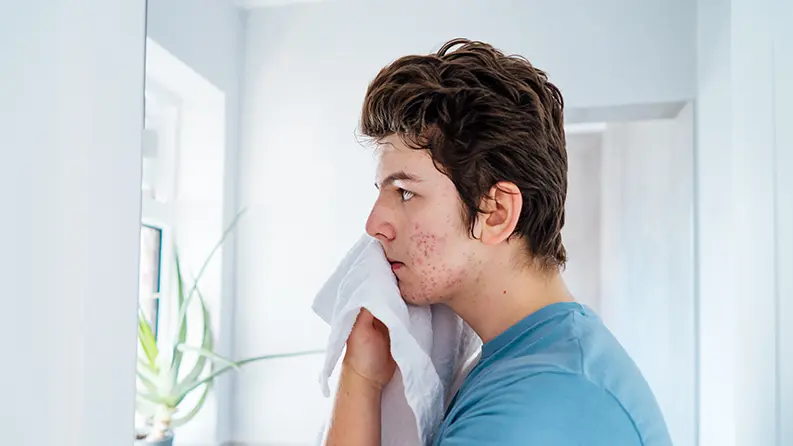
Types of acne
There are common whiteheads and blackheads that are irritating but cause zero to minor scarring when treated appropriately. Then, there are more severe acne like…
Papules: Pink or red bumps that are painful when touched.
Pustules: A bump with pus underneath. They are usually red at the bottom and yellow or white at the tip.
Nodules: More painful than papules and pustules as they develop deeper under the skin. They are usually also larger.
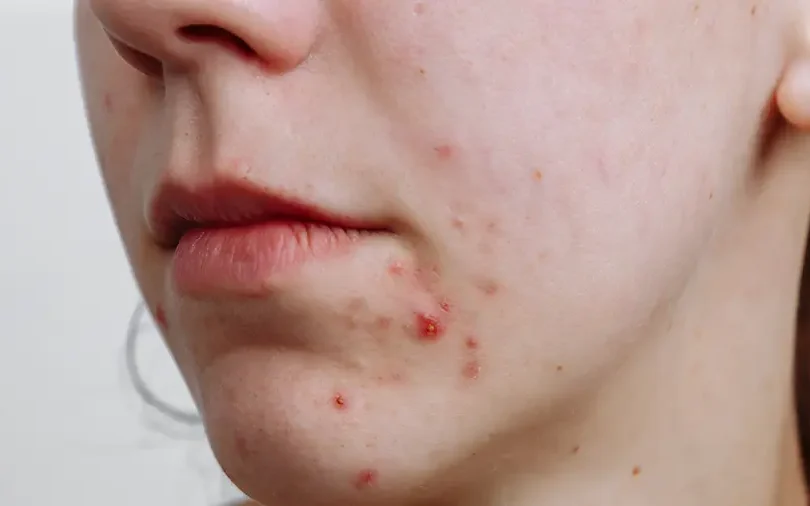
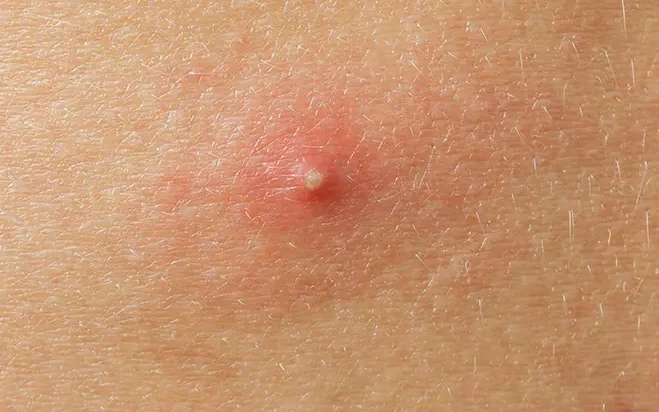
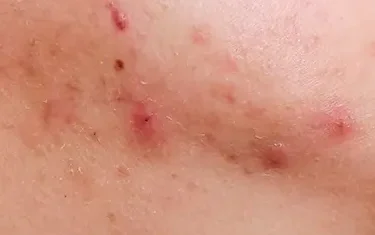
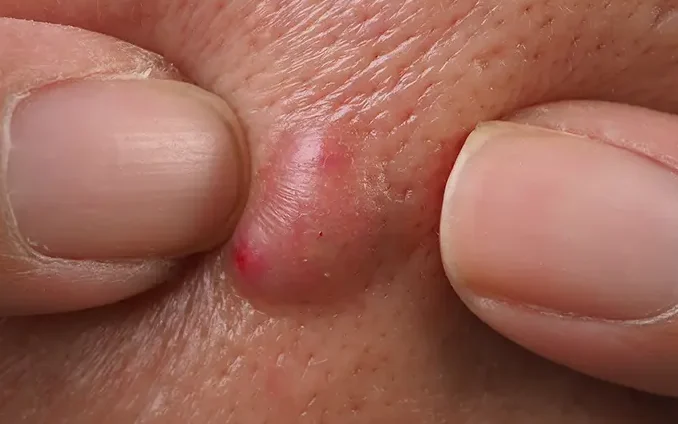
What causes acne?
Changing Hormones: Teenagers going through puberty and pregnant adults have elevated androgen levels, which leads to higher oil production. This causes clogged pores.
Family History: Acne is associated with genetics. If a child’s parents have acne, he/she is more likely to develop acne as they mature.
Touching and Rubbing: Too much touching and rubbing against the skin causes the oil and dirt to clog pores, forming acne.
Medication: Certain drugs can trigger acne because it influences hormones. These can include steroids, testosterone, estrogen, and phenytoin.
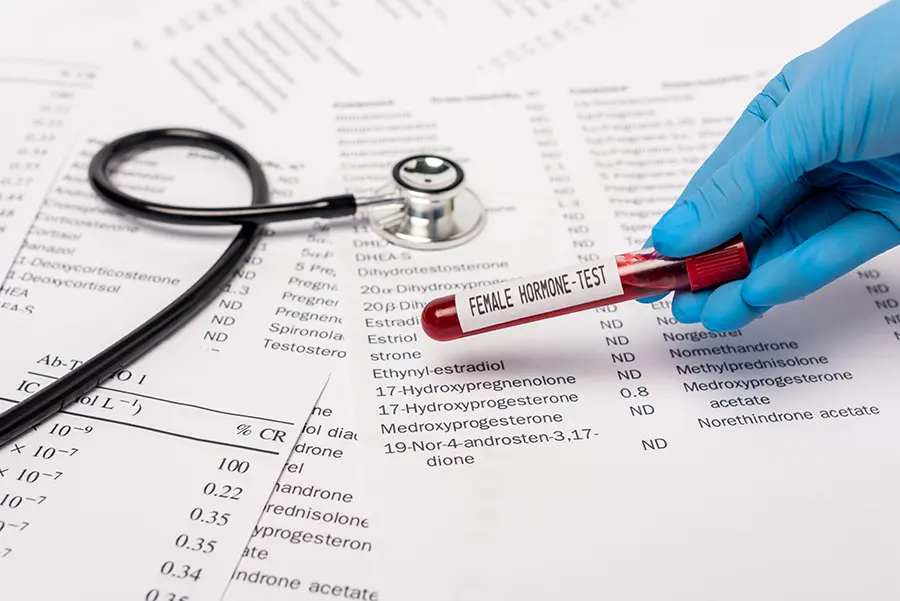
Table of Contents

Have you ever woken up one morning only to find that you’ve gotten a new pimple on your special day? We can guarantee that this scenario is definitely relatable to many of you. What’s worse is that this acne will leave an awful aftermath – a dark scar that’s going to take months to fade away. If this battle sounds like something you are experiencing, you are not alone.
Records have shown that around 80 percent of people between the age of 11-30 years old will develop acne, and 20 percent of these will progress into acne scars. Acne is commonly found on the chest, back, shoulder, jawline, and t-zone, but it can also develop on other parts of the body. If you’re experiencing troubled skin and can’t seem to find a way to win this battle, visit a reputable skin clinic for help. Rest assured that you will be getting professional help for those pimples.
In this blog, we will offer a basic introduction to acne – from the various types of acne, its underlying causes, and different techniques to prevent acne scars.

Types of acne
There are common whiteheads and blackheads that are irritating but cause zero to minor scarring when treated appropriately. Then, there are more severe acne like…
Papules: Pink or red bumps that are painful when touched.
Pustules: A bump with pus underneath. They are usually red at the bottom and yellow or white at the tip.
Nodules: More painful than papules and pustules as they develop deeper under the skin. They are usually also larger.
Cysts: Painful, filled with pus, and have the highest possibility of causing scars.




What causes acne?
Changing Hormones: Teenagers going through puberty and pregnant adults have elevated androgen levels, which leads to higher oil production. This causes clogged pores.
Family History: Acne is associated with genetics. If a child’s parents have acne, he/she is more likely to develop acne as they mature.
Touching and Rubbing: Too much touching and rubbing against the skin causes the oil and dirt to clog pores, forming acne.
Medication: Certain drugs can trigger acne because it influences hormones. These can include steroids, testosterone, estrogen, and phenytoin.

One common belief that people often have – Does too much “stress” also causes acne?
No, stress alone is not the direct cause of acne. However, studies have shown that higher levels of stress lead to intensified severity of acne. In addition, the food we eat, the amount of sleep we get, and the lifestyle we live can all become the causes of acne.


At some point in life, it’s normal to grow a pimple or two. What’s important is that the right care steps are taken to prevent acne scars on the skin because these lingering marks will take a long while to fade.
So, now that I’m battling with a new acne breakout, what should I do to prevent scarring?
Here’s a go-to guide on what to do to minimize the risk of acne scarring and ensure blemish-free skin.
Skin Clinic or Self Treatment?
- Once you detect any early signs of acne, it is advisable to visit a professional skin clinic to get expert advice promptly. They will be able to immediately alleviate painful acne, suggest appropriate care measures, and provide guidance on methods to prevent breakouts that may turn into more severe scarring issues in the future.
- However, for milder acne cases, choosing self-care treatment is a viable option. Follow the self-care steps below to effectively manage and improve your skin.
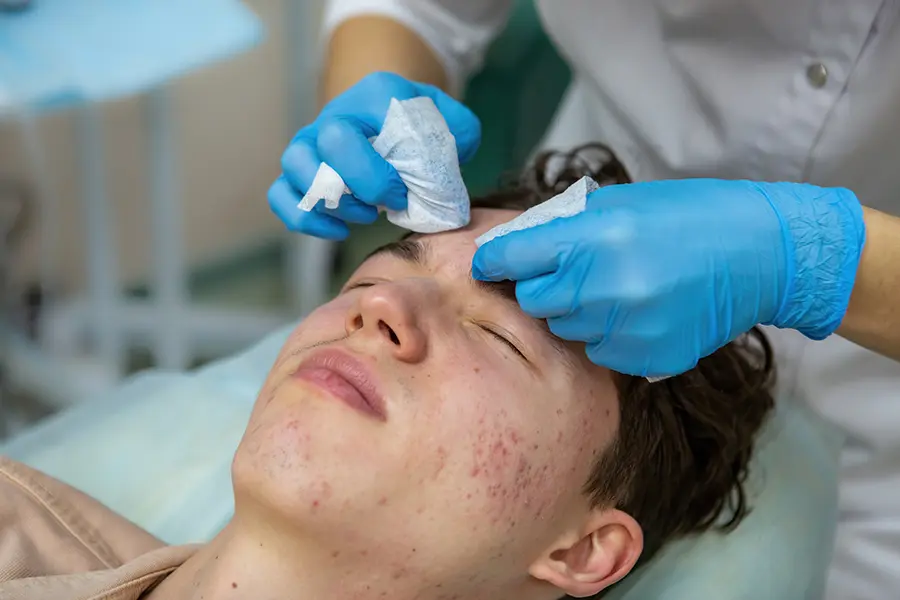
Apply Topical Treatment
- Get your hands on over-the-counter medication, focusing on key ingredients that kill bacteria and reduce inflammation. These include salicylic acid, sulfur, or benzoyl peroxide.
- Make sure that you do not use more than the recommended usage amount because these ingredients may
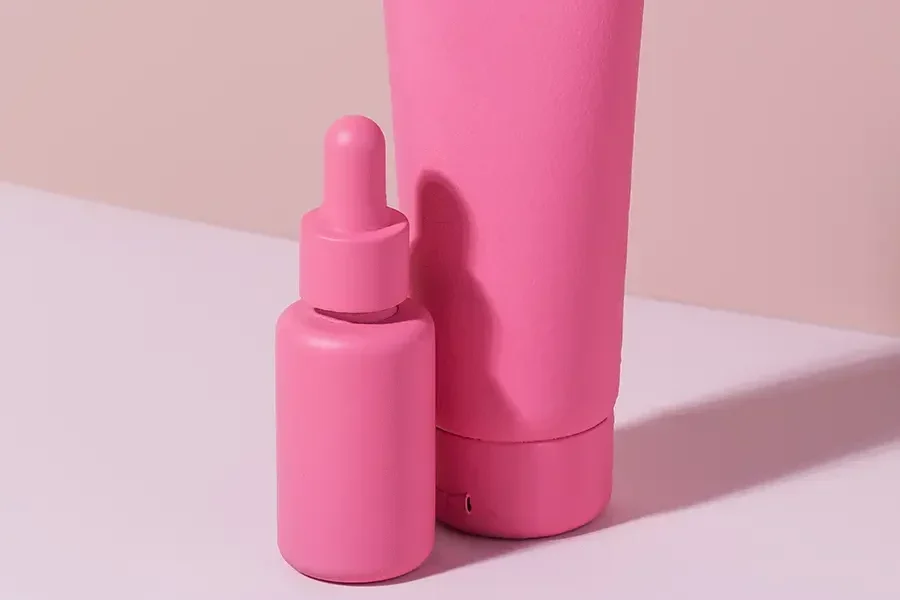
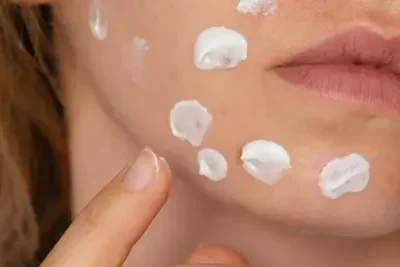
Avoid Sunlight and Apply Sunscreen
As topical treatment causes the top layer of the treated area to peel, it’s crucial to wear sunscreen of at least SPF 30 to prevent the scars from getting darker.
Use Post-Acne Creams
- Look for medication with ingredients like retinoids, alpha hydroxy acids (AHAs), beta hydroxy acids (BHAs), Vitamin C, and Niacinamide.
- They will help with dead skin cell exfoliation, lightening the appearance of acne scars, and help unclog pores.
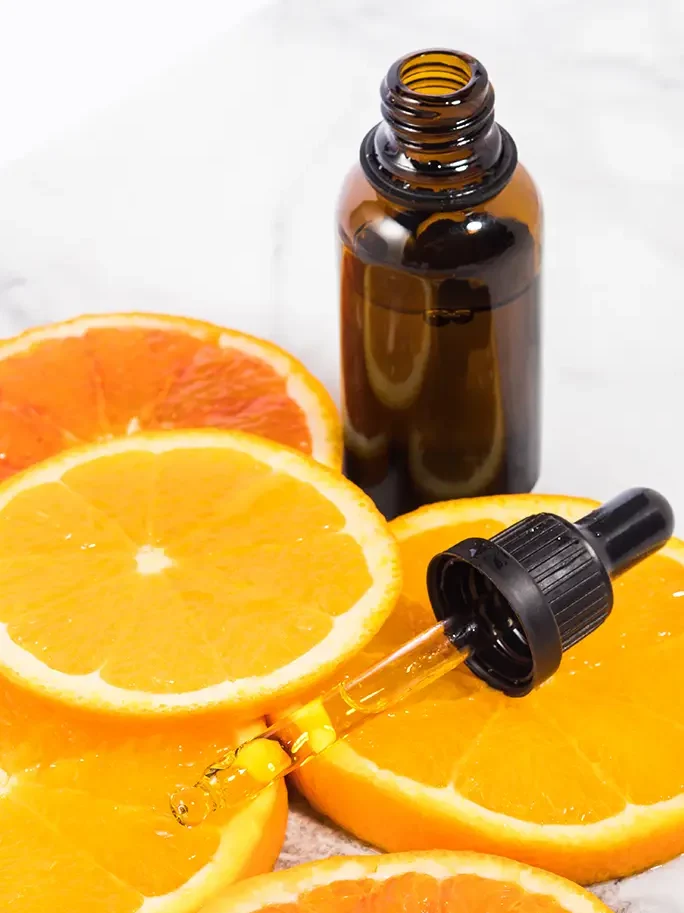
Prevent New Acne Formation
- Even after you have recovered from your breakout, always maintain personal hygiene. Remember to clean your face thoroughly as part of your daily routine.
- If you wear waterproof makeup and sunscreen, remove them with noncomedogenic removers or micellar water. Follow up with a gentle facial cleanser to make sure your face is thoroughly cleansed.
- Do not leave sunscreen/makeup overnight.
- Keep your skin moisturized to prevent excessive oil production.
- It’s also helpful to prevent hair from touching your face.
- If you have an oily scalp, make it a habit to wash your hair every day.
What NOT to do?
- To prevent deep scarring, you must not pick, scratch, or squeeze your pimple. Such actions increase the risk of skin infection, scarring, and prolonged recovery.
- Do not wear cloth headbands, caps, or hats because they serve as a breeding ground for bacteria.
- Do not touch your face with your hands, fingers, or hair as it can transfer bacteria and cause acne.
- Avoid using heavy texture moisturizers or makeup, as it may clog pores and cause skin issues.
- If you really need to wear makeup, opt for non-comedogenic or oil-free formulas to minimize the risk of pore clogging. At the end of the day, remove the makeup and ensure a comprehensive cleanse is performed.
For most people, acne usually resolves on its own after adolescence, but in some cases, it may prolong into middle age. If you begin to feel that over-the-counter medication does not work over an extended period, your acne is worsening, and you are experiencing elevated emotional stress and depression, it’s best to seek assistance from your trustable skin clinics. Professional advice can help address the root cause of acne problems and provide an individualized treatment plan to manage skin issues effectively.
Sources:
- American Academy of Dermatology Association. (n.d.). Acne: Who gets and causes. https://www.aad.org/public/diseases/acne/causes/acne-causes
- Hernandez, C. (n.d.). 12 tips to combat acne. Rush. https://www.rush.edu/news/12-tips-combat-acne
- Mayo Clinic. (n.d.). Acne. https://www.mayoclinic.org/diseases-conditions/acne/symptoms-causes/syc-20368047
- McDermott, A., & Muinos, L. (2022, June 13). 14 tips to prevent acne and manage pimples. Healthline. https://www.healthline.com/health/acne/how-to-prevent-pimples
- National Health Services. (n.d.). Causes of Acne. https://www.nhs.uk/conditions/acne/causes/
- Penn Medicine. (n.d.) What is Acne. https://www.pennmedicine.org/for-patients-and-visitors/patient-information/conditions-treated-a-to-z/acne
Previous post > Things to Know Post-Laser Skin Resurfacing

